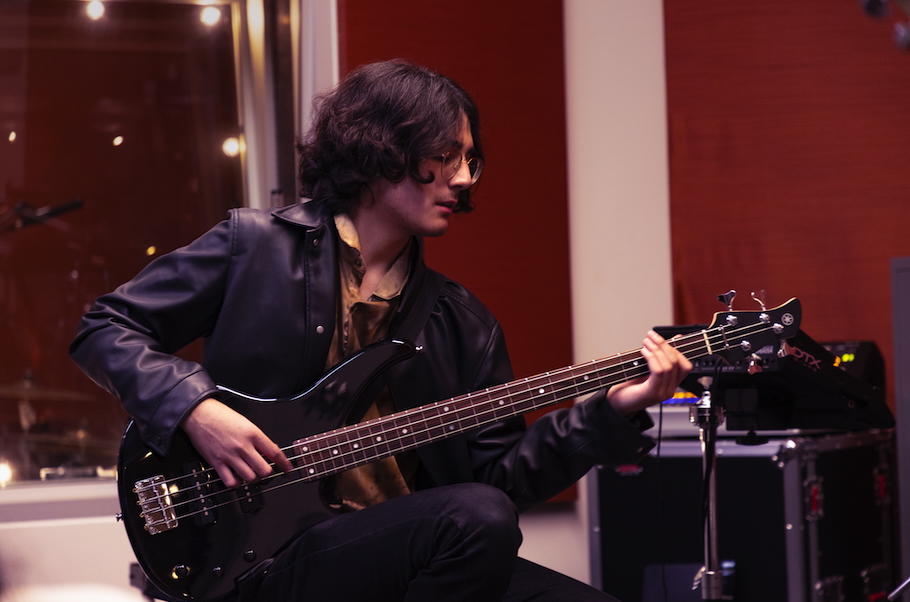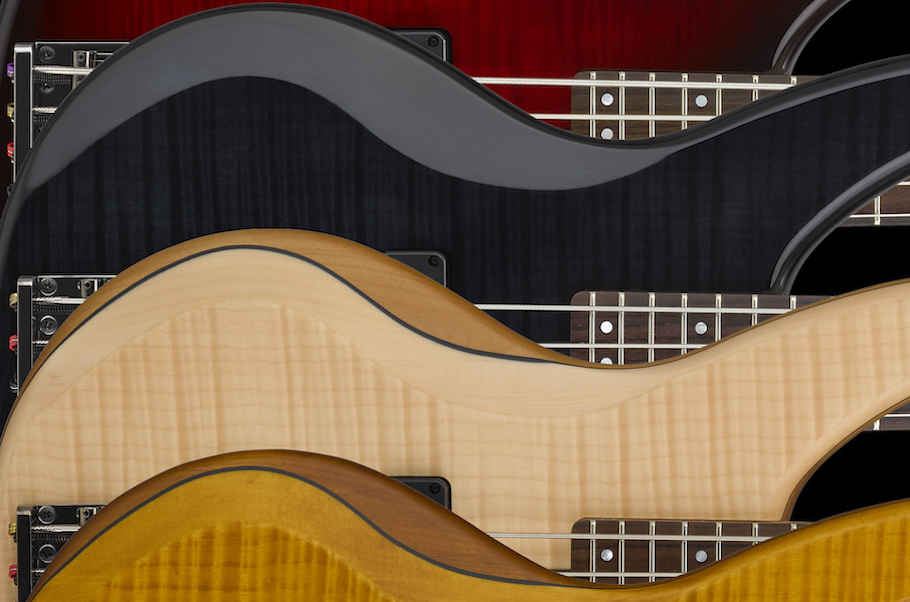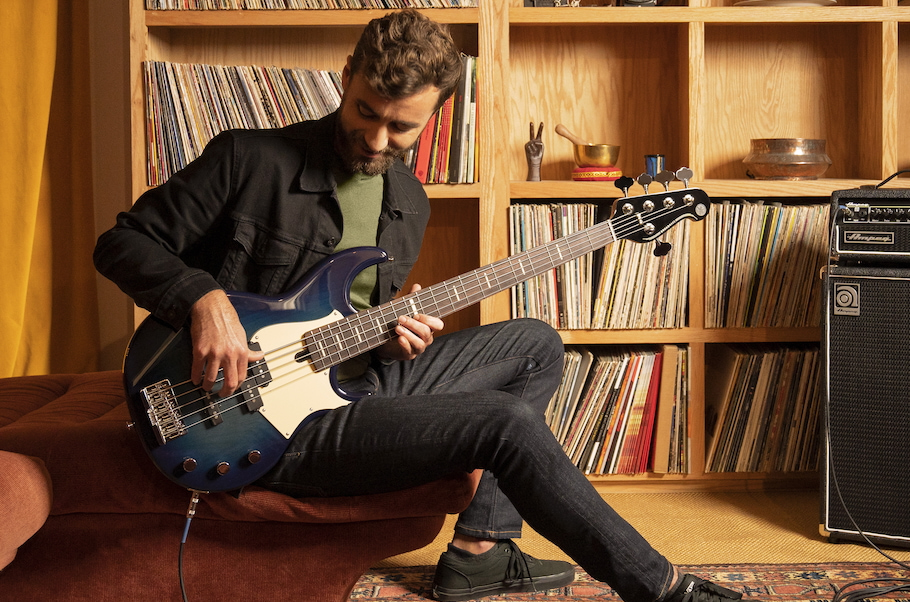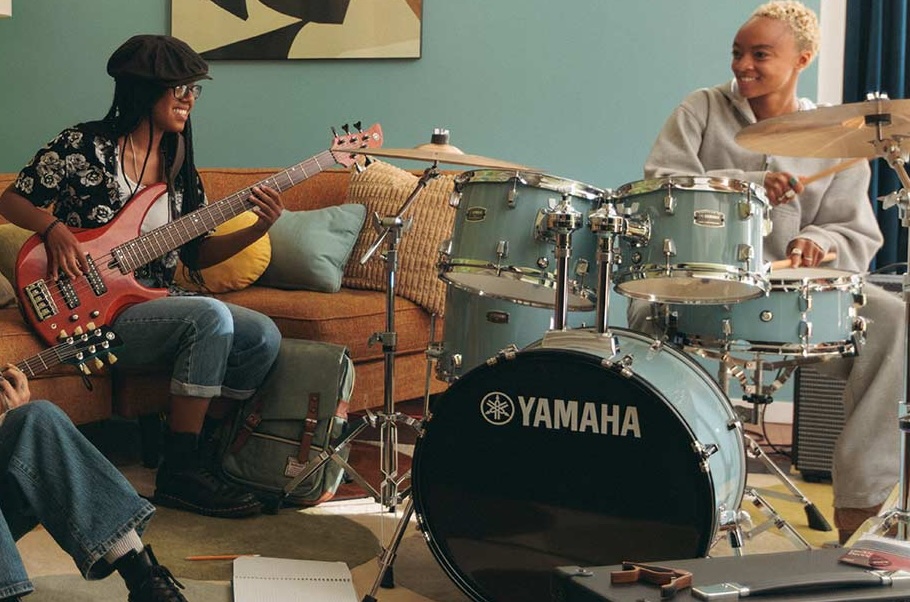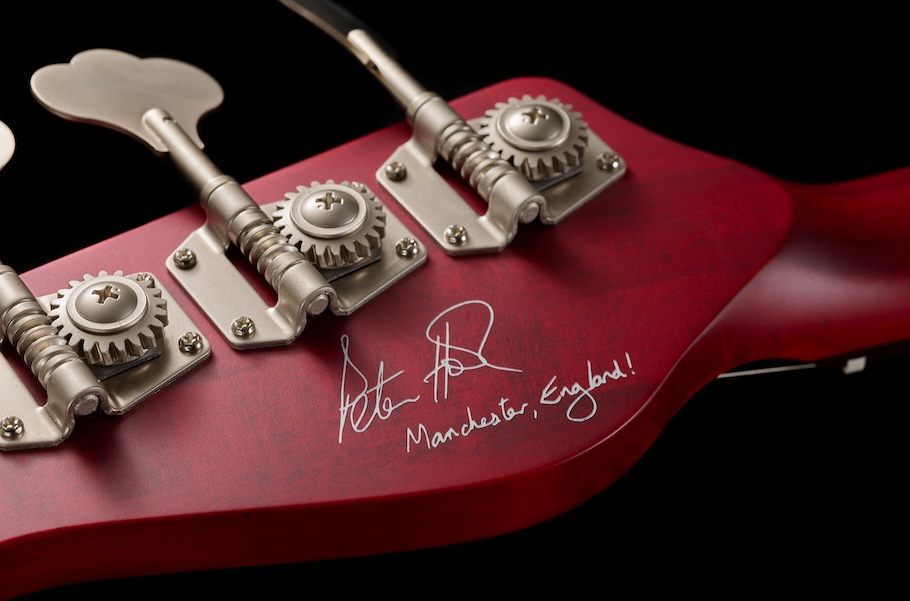Getting the Most Out of Your Bass Practice Sessions
Here’s how to get in the zone.
Everywhere we turn these days, we are inundated with ways to get better, faster. Social media and YouTube are packed with ads and testimonials that promise to make us virtuosos in the next few minutes. You can certainly learn a thing or two from these methods, but in the long run, intentional practice sessions are far more rewarding.
We all learn in different ways, so no single practice routine works for everyone, but here’s a collection of tips that have helped me over the years.
DECIDE WHY YOU WANT TO PRACTICE
Do you just want to rock out, or are you trying to learn a song or specific technique? Perhaps your goal is somewhere in-between. Get clear about why it’s important to set up a practice schedule for you and your instrument … and why you need to stick to it.
SCHEDULE IT
Nothing is real until it’s on your calendar — and the moment you schedule practice time, you can bet that something important will come up. When that happens, having a concrete goal will help you reschedule that Very Urgent Event instead of moving your practice session.
PICK THE RIGHT SPOT
Find a place where you won’t be disturbed and won’t be disturbing anyone else. If possible, have your bass, cable, practice materials and amplifier (like the feature-packed Yamaha THR10II desktop amp) ready to go. The fewer things between you, your instrument and your practice materials, the better.
BE HONEST
If you have a teacher, trust them to tell you what you need to work on. If you don’t have one, do your best to objectively assess your strengths and weaknesses. What are you confident about, and what’s holding you back? Celebrate what’s working and be curious about new possibilities.
SET A GOAL
Having a specific goal makes it easier to avoid being overwhelmed by all the things you want to learn. Your practice priority could be a short-term objective (like mastering a lick, a song or the setlist for next week’s gig) or a manageable chunk of a long-term goal like learning how to solo or play walking bass lines.
PUT YOUR PHONE AWAY
It’s not enough to put your phone on silent. Turn it off … or if you can’t bear the thought, at least put it in another room. If your practice materials are on a device, do whatever it takes to stay away from email, social media and other distractions. It may be tough, but the rewards will be worth it.
BEGIN THE RITUAL
You’re alone with your instrument in a quiet place, and you have a plan. Take a deep breath, acknowledge that you’ve made it this far, and remind yourself that all the other crucial, urgent things on your schedule can wait. If you light incense or burn candles, this is the moment.
DO SOMETHING HARD
If you wanted real results in a gym, you’d walk past the light weights and head to the heavier ones. Instead of going for the easy ego boost by playing stuff you already know, use your valuable practice time to begin untangling something that’s more challenging … or perhaps even seems impossible to play.
RECORD YOURSELF
Recording your practice session (something that’s easy to do with Yamaha desktop amps thanks to their built-in USB connectivity) helps you observe yourself objectively. Listen back with compassion and humor, the way you might listen to a close friend’s playing, and be on the lookout for song ideas. Consider keeping a journal that documents your progress.
SLOW DOWN
The practice room is the perfect place to stop and look at details. Whether you’re learning new things or working on small ideas, don’t be afraid to slow things down to a glacial crawl if it helps you see, hear and feel nuances. A metronome can support you and keep you honest.
TAKE BREAKS
Time management is so important here! Especially if you have a long practice session, take frequent breaks. Setting a 20-minute timer, for example, could make it easier to pretend that your practice session is the only thing in the world that matters until the bell dings.
REWARD YOURSELF
Eventually, practice itself — the thrill of discovery and the chance to zero in on your playing without distractions — will be its own reward. Until then, close out each session by playing whatever comes to mind. Noodle away!
CLOSE IT OUT AND GET ON WITH THE REST OF YOUR DAY
If you’ve used your time well, putting the bass down and ending your practice session will give you an enormous feeling of satisfaction. Now it’s time to get on with the rest of your day and look forward to your next practice session, whether it’s to continue working on the same concept or taking on something new.










